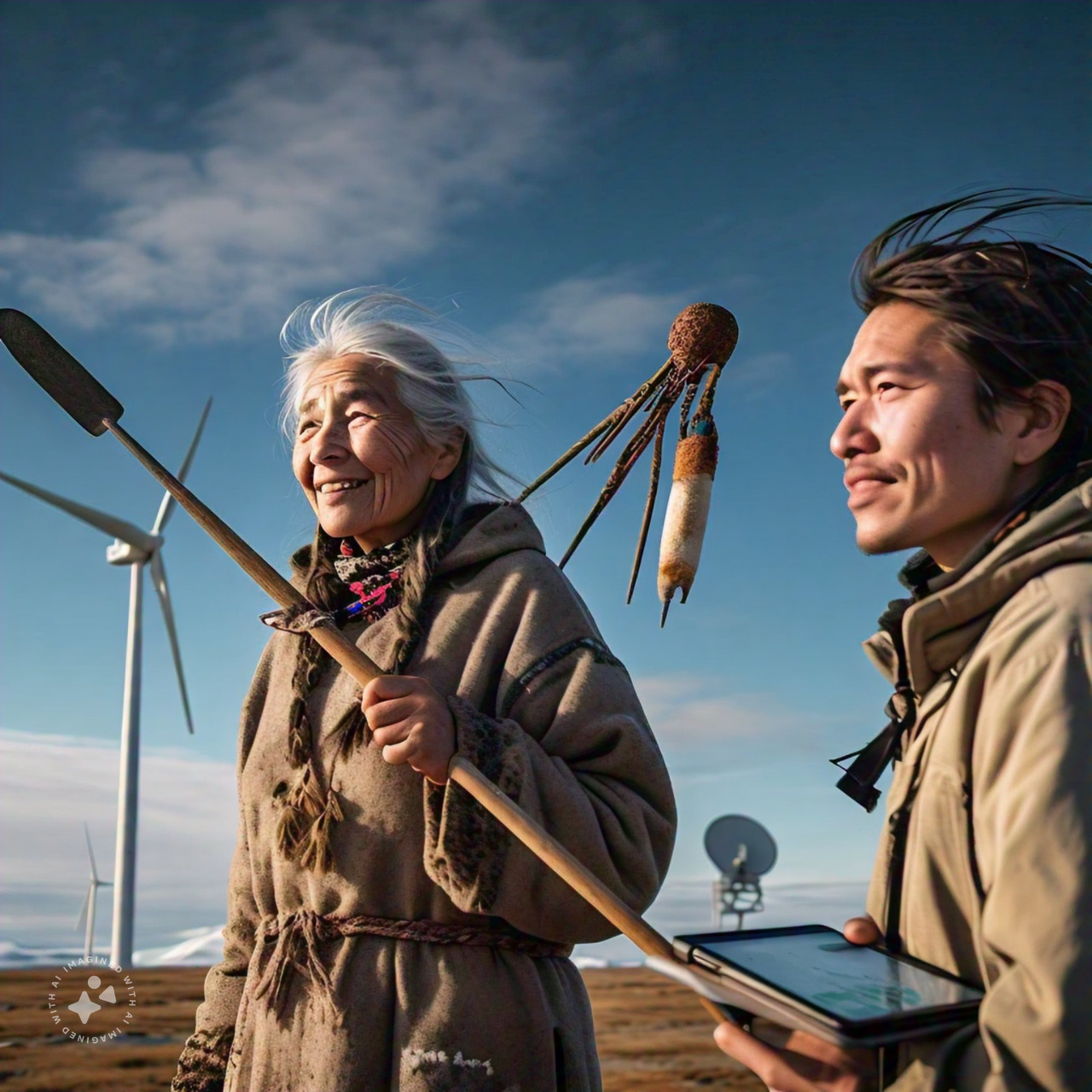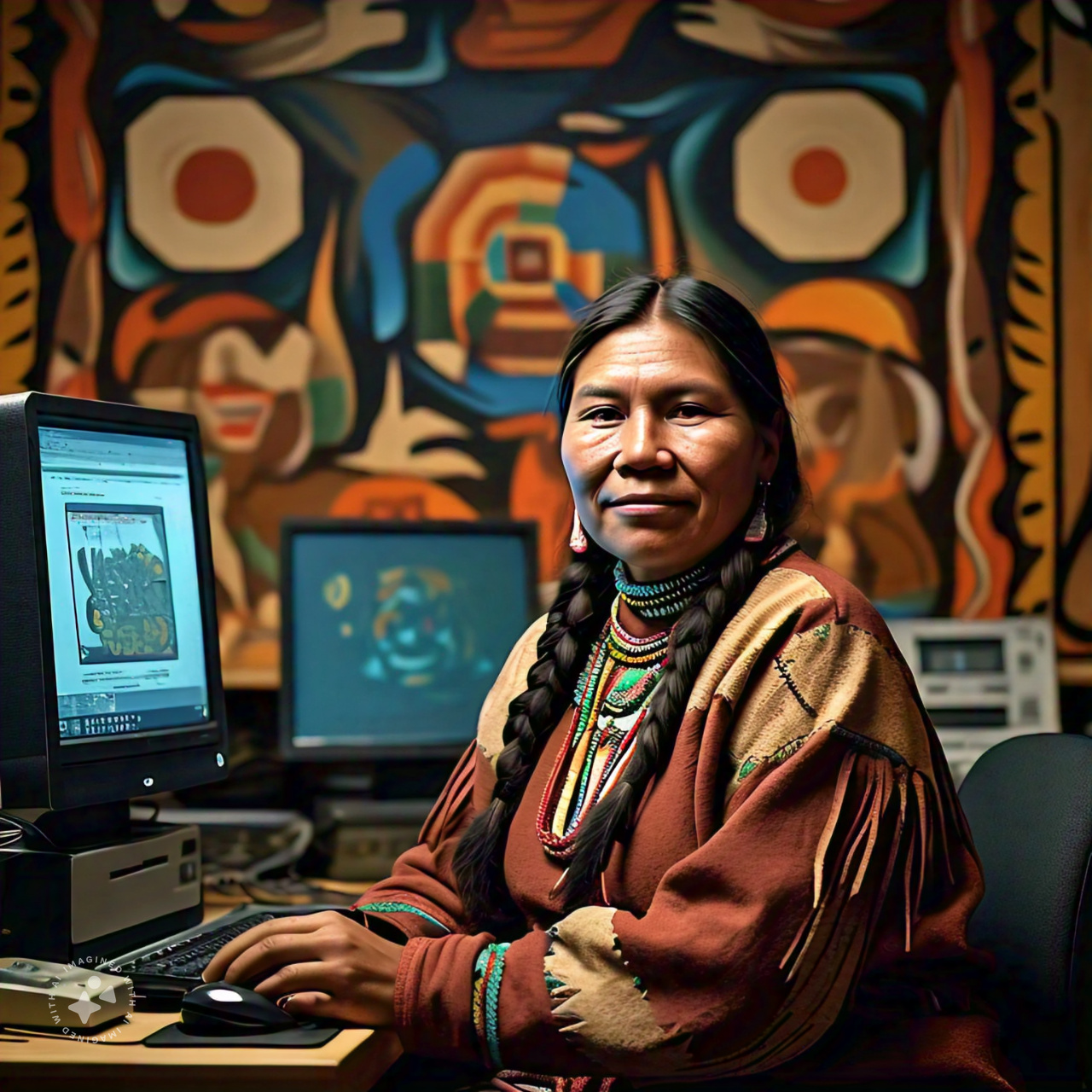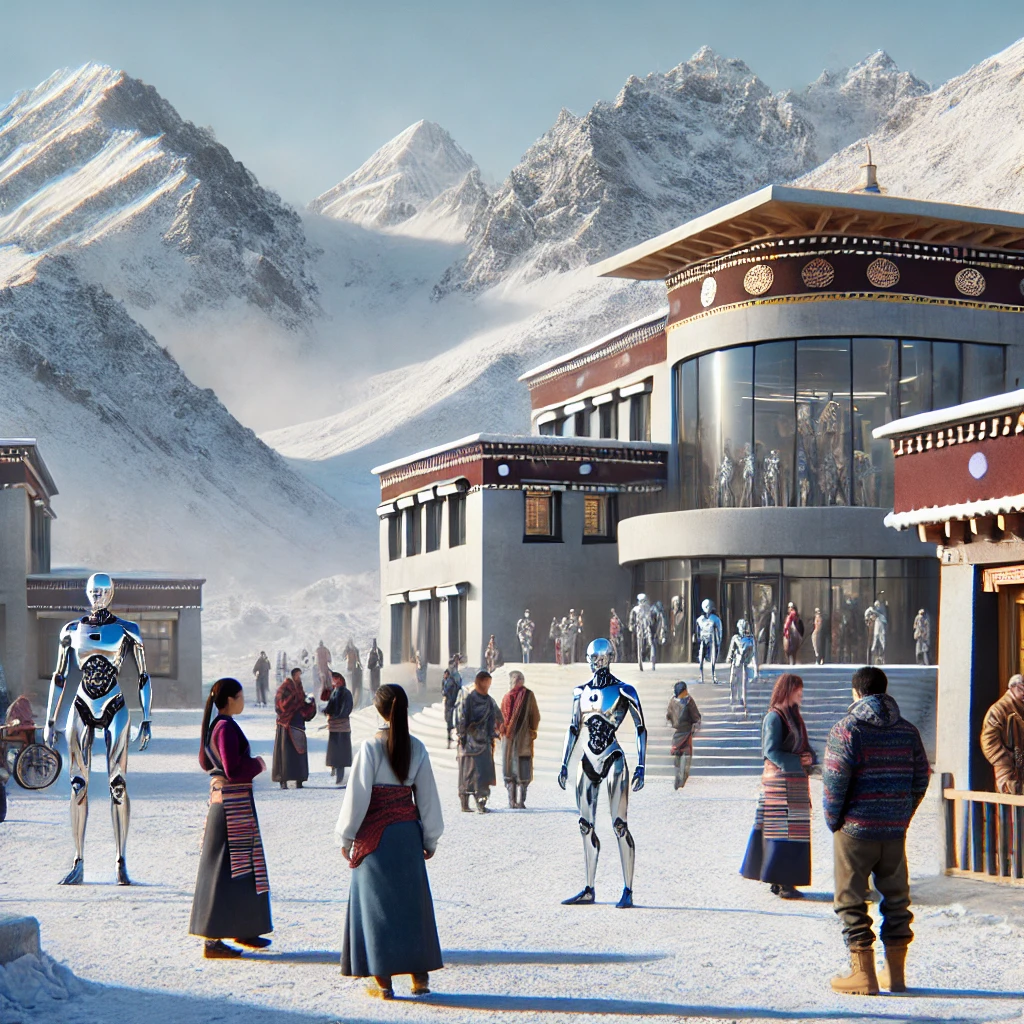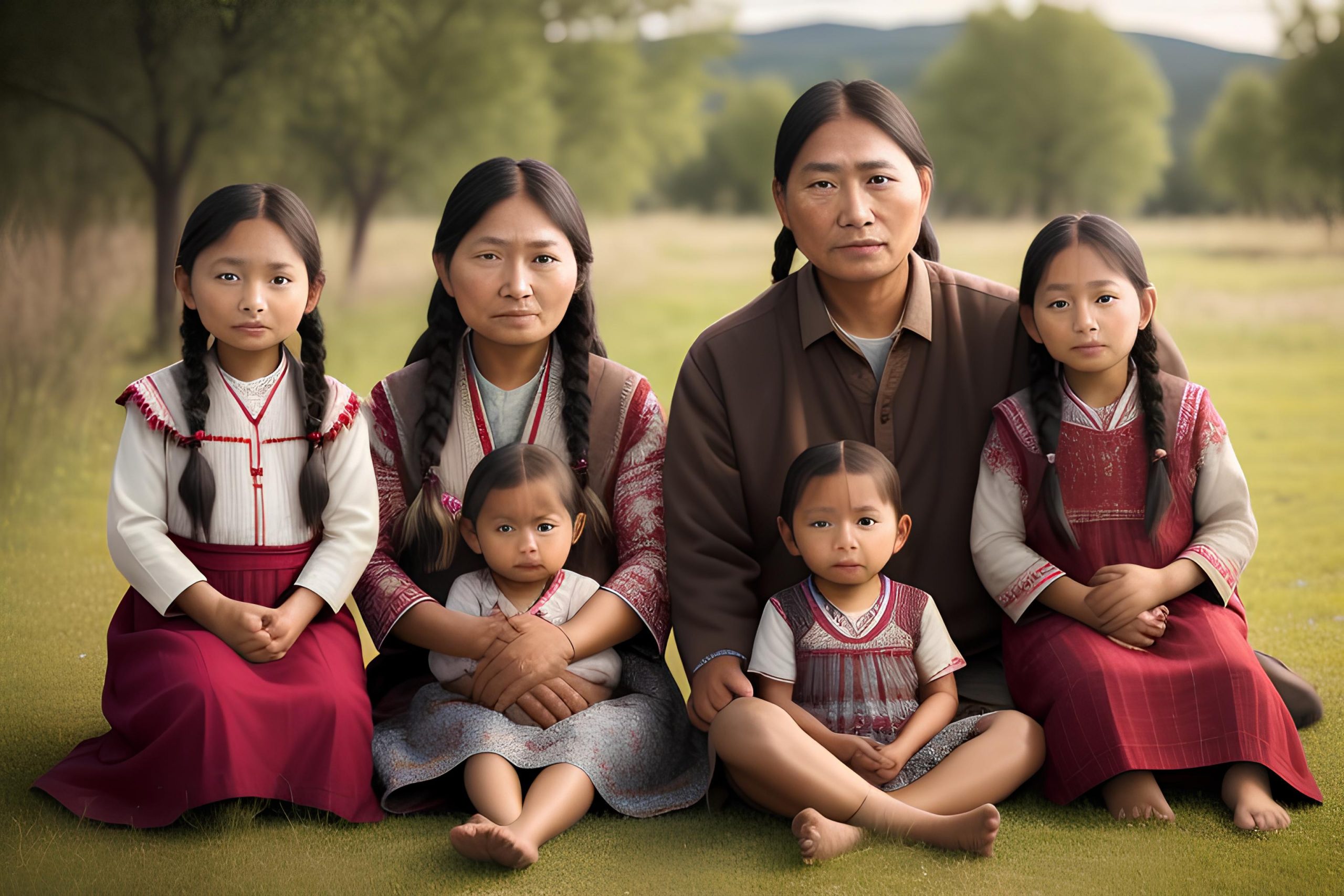From the dense forests of the Amazon to the vast savannas of Africa, Indigenous Peoples around the world have nurtured a symbiotic relationship with nature for centuries. Their traditions, languages, and cultures not only enrich our global heritage but also hold invaluable lessons in environmental stewardship and resilience. In a world increasingly seeking sustainable solutions, these communities stand as living repositories of wisdom and practice that mainstream society is just beginning to appreciate. Yet, despite their immeasurable contributions, indigenous peoples continue to grapple with profound challenges. The United Nations Declaration on the Rights of Indigenous Peoples, adopted in 2007, was a landmark achievement, ensuring the recognition of their rights to self-determination, land ownership, and cultural preservation. However, the journey towards true empowerment is far from over.
Imagine a community where the very earth beneath their feet—a source of sustenance and spiritual identity—is slipping away due to rising sea levels or intensified droughts. For many indigenous communities, climate change is not a distant, abstract concept; it’s a daily reality threatening their way of life. These communities, whose lifestyles are intricately woven with the natural world, are on the frontlines of climate change impact. As temperatures rise and weather patterns become more unpredictable, indigenous peoples face displacement, loss of biodiversity, and disruption of their agricultural practices. Yet, these communities do not merely endure hardship; they adapt and innovate, drawing from deep wells of traditional knowledge to build resilience in the face of adversity. Understanding and supporting their efforts is crucial, not only for their survival but for the broader quest of building a more sustainable world.
This intricate dance between preserving cultural heritage and navigating modern challenges continues to define the narrative of indigenous peoples globally. Through stories of triumph against odds, initiatives aimed at language revitalization, and powerful testimonials of climate action, this blog post delves into the tireless efforts of indigenous communities to maintain their identity and sovereignty. As global citizens, our role in amplifying their voices and honoring their rights has never been more critical. Join us in exploring the resilience, culture, and invaluable contributions of Indigenous Peoples around the world, and discover why their empowerment is key to a more just and inclusive future.






